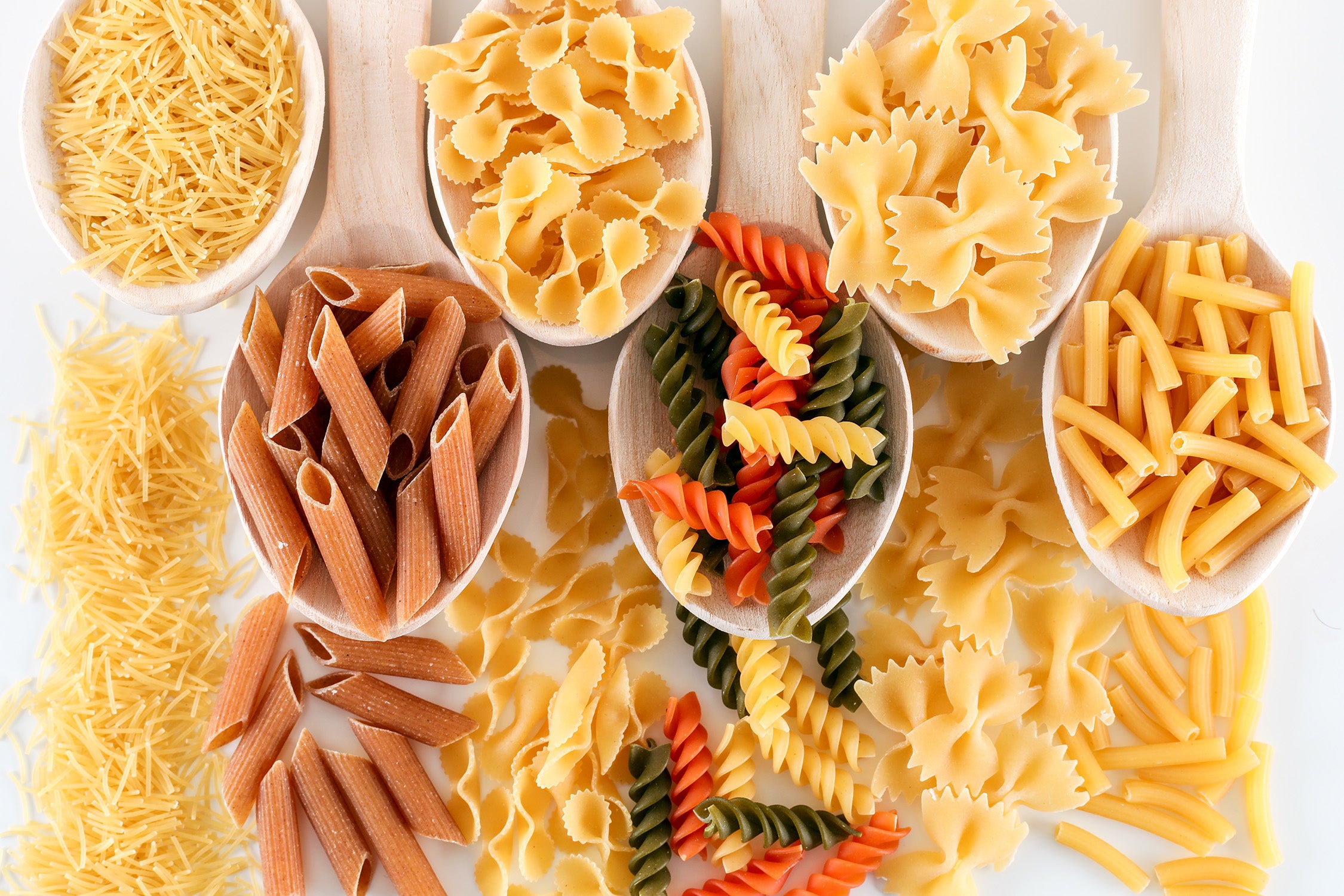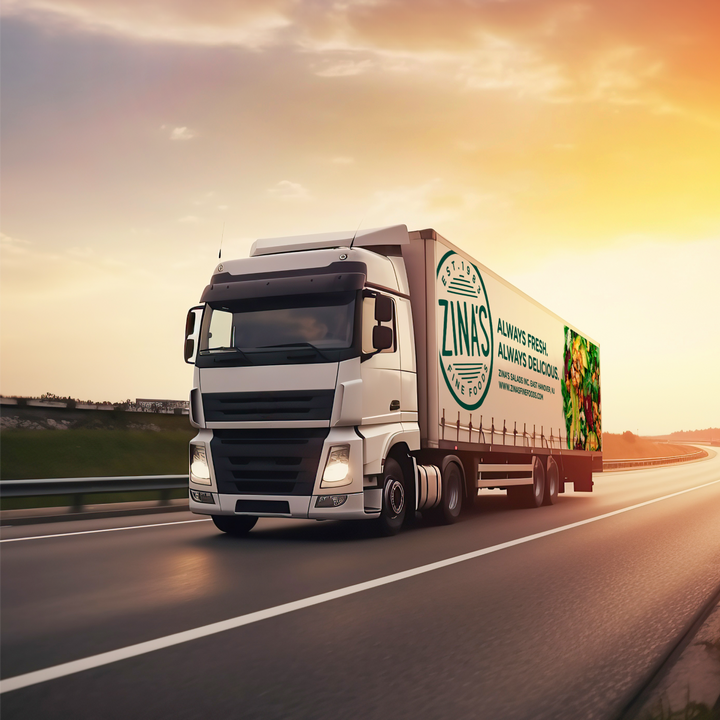
For any business, the quality of their product is paramount to success. This is never more true than in the food industry, where an inferior product can not only lead to poor sales but also tarnish a brand’s reputation. This is why, at our pasta company, we only use the highest quality ingredients to make our pasta. In this blog post, we’re going to explain why quality pasta is so important and how you can ensure that your pasta products are of the highest possible quality.
The Benefits of High-Quality Pasta
There are a number of benefits that come with selling high-quality pasta. Firstly, it’s important to remember that people eat with their eyes as well as their mouth. If your pasta doesn’t look appetizing, people are less likely to want to buy it. However, if your pasta looks and smells great, then you’re more likely to tempt people into trying it. Secondly, high-quality pasta simply tastes better. This might seem like an obvious point, but it’s one that should not be underestimated. If your customers enjoy eating your pasta, then they’re far more likely to buy it again in the future. Finally, selling high-quality pasta is a great way to build brand loyalty. If customers know that they can rely on your products to be of a consistently high standard, then they’re much more likely to stick with your brand in the long term.
How to Ensure Your Pasta Products Are of High Quality
So now we know why selling high-quality pasta is so important for businesses—but how can you make sure that your own products meet this high standard? Well, there are a few things you can do.
Firstly, you need to make sure that you source your ingredients from reputable suppliers. If you cut corners here, then it’s likely that the quality of your final product will suffer as a result. It’s also important to invest in good-quality packaging for your pasta products. Not only does this play a role in how appetising the product looks on shelves, but it also protects the pasta from damage during transport and storage. Finally, you should always cook a sample of the pasta before you send it out to customers—just to double check that it meets your high standards! By following these simple tips, you can help ensure that your business is selling only the highest-quality pasta products.
 We all know that there are dozens of different types of pasta, each with its own unique shape, flavor, and texture. Here are a few of the most popular types of pasta, along with their qualities:
We all know that there are dozens of different types of pasta, each with its own unique shape, flavor, and texture. Here are a few of the most popular types of pasta, along with their qualities:
Fusilli — Fusilli is a corkscrew-shaped pasta that's perfect for cold salads or light tomato sauces. It can also be used in baked dishes like fusilli al pesto.
Penne — Penne is a short, stubby pasta that's often used in creamy Alfredo sauces or robust tomato sauces. It can also be baked or used in cold salads.
Torellini — Tortellini are pasta originally from the Italian region of Emilia. Traditionally they are stuffed with a mix of meat, Parmigiano Reggiano cheese, egg and nutmeg and served in capon broth.
Conchiglie — Conchiglie pasta, sometimes referred to as "shells," is a traditional Italian food that dates back centuries. This type of noodle has been praised by some experts in cuisine matters because it's so easy and quick to make!
Rotini — Rotini pasta is a type of long, tube-shaped pasta that comes in various colors. Others notice how quickly and easily they can become wobbly after just one speeding boil!
Bow tie — is a new trend in the kitchen. It has been gaining popularity for its unique design and taste, which every chef wants to have on their menu!
What is Good Quality Pasta?
Good-quality pasta is made with durum wheat semolina and water. That’s it! Semolina flour, which is milled from durum wheat, gives pasta its signature yellow color and firm texture. Water is added to bind the ingredients together. Simple, right?
Now let’s take a look at what poor quality pasta is made of.
What is Poor Quality Pasta?
Poor quality pasta is made with lower grade flour and other fillers such as semolina flour from durum wheat that has been bleached or debranned. This means that the nutritional value of the pasta has been significantly reduced. In addition, poor quality pasta may also contain eggs, which can make it heavy and dense.
If you’re in the business of selling or serving pasta, it’s important to be aware of the difference between good quality pasta and poor quality pasta.
Now that you know the difference between good quality pasta and poor quality pasta, you can make sure that you are only serving or selling the best! Be sure to look for pastas made with durum wheat semolina and water for the best flavor and texture.
In conclusion, remember that the quality of your product is essential to success – especially in the food industry. Be sure to source only the finest ingredients for your pasta and take care when cooking and packaging it too. By doing so, you can help ensure that your business sells only the highest quality pastas! I've seen too many pasta companies try to cut corners by using inferior ingredients or skimping on the cooking process, and it always ends up costing them in the long run. Consumers are becoming more and more savvy about food quality, and they're willing to pay a premium for products that they know are made with care. If you want your pasta business to be successful, you need to start with a commitment to making the best possible product. Once you've got that foundation in place, everything else will fall into place.
Embracing Sustainable Practices with Private Label Foods and Wholesale Salads in the Pasta Industry
As we strive for a greener future, incorporating sustainable practices into the pasta industry is essential. By choosing private label foods, salad wholesale options, and supporting manufacturers committed to sustainability, we can make a positive impact on the environment.
Private label foods, particularly pasta products, can offer an opportunity for businesses to support eco-friendly practices. When selecting a private label manufacturer, like those in New Jersey, consider their commitment to sustainability and ethical sourcing of ingredients. This not only ensures a high-quality product but also reduces the environmental impact of production.
Salad wholesale options can be a great complement to pasta dishes, offering a fresh and nutritious side. To promote sustainability, consider sourcing salads from local suppliers, reducing transportation emissions, and supporting local agriculture. Be mindful of the packaging used for pre-made pasta salads, opting for environmentally friendly alternatives.
Manufacturers in the pasta industry can also contribute to a greener future. Salad manufacturing companies and salad manufacturers should prioritize eco-friendly practices, like using recyclable packaging and sourcing ingredients ethically. By supporting responsible manufacturers, consumers can encourage the adoption of sustainable practices throughout the industry.
Incorporating sustainable practices into the pasta industry, including private label foods and wholesale salads, can have a positive impact on the environment. As consumers and business owners, our choices can help shape a more eco-friendly future for the next generation.
Pasta is an important part of a meal, and it's essential that you are serving the best possible product to your customers. By ensuring that you are using high-quality ingredients, you can trust that your pasta will taste great every time. Zina's Fine Foods takes pride in making delicious salads and pastas with the finest ingredients. If you're looking for quality pasta to serve your guests or sell in your store, look no further than Zina's Fine Foods. Contact us today to learn more about our products!






